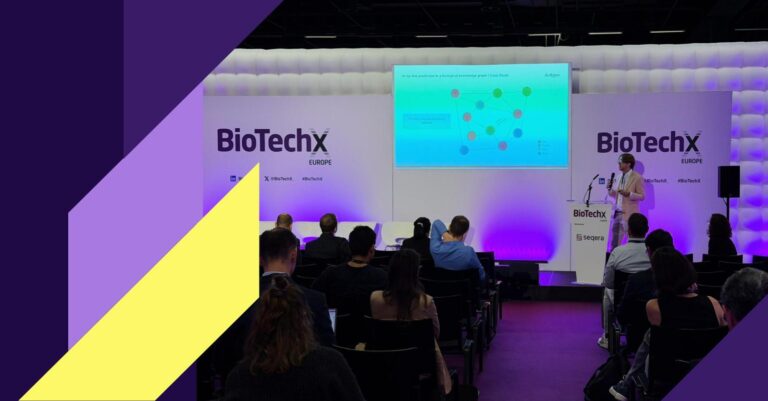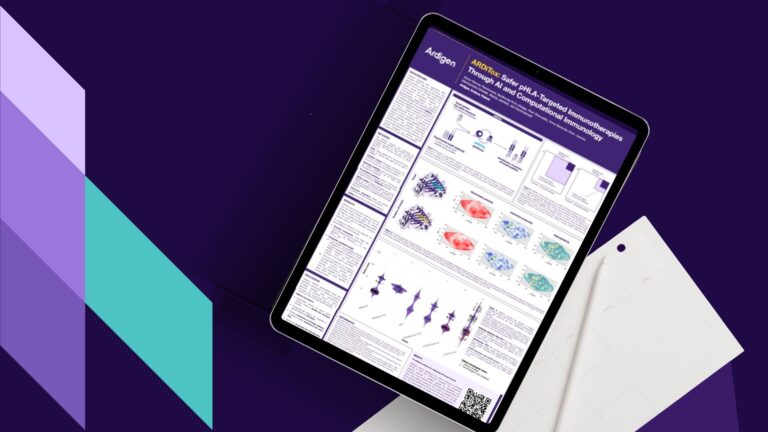Top market ‘AI in biotech’ stories
Here’s your latest installment of our selection of AI in biotech news.
In just 3–4 minutes, catch up on the innovations reshaping drug discovery and biomedical research. We are delivering fresh insights to your inbox on the second Tuesday of each month, so you can stay informed and inspired. Happy reading!
In today’s edition:
- 🤝 Pharma rivals train a shared AI model with federated learning
- 🚪 Lilly opens $1B AI platform to biotech innovators
- 🧠 $1M prize: AI challenge to decode Alzheimer’s
- 💉 Oxford wins £118M for AI-driven vaccine research

Pharma Rivals Unite to Train OpenFold3 AI Model
Bristol Myers Squibb, Takeda, AbbVie, Johnson & Johnson, and Astex have joined forces to build OpenFold3 – a collaborative AI trained on proprietary protein–small molecule structures.
The breakthrough?
They’re using federated learning, so each company contributes data without ever sharing it – a secure, privacy-preserving setup rarely seen in pharma.
Why it matters:
- Speeds up early-stage drug design
- Predicts molecular interactions with higher precision
- Signals a shift from secrecy to shared progress in R&D
Lilly Opens Its $1B AI Platform to Biotech Innovators
Eli Lilly has launched TuneLab, a platform that gives biotechnology companies access to AI models trained on decades of proprietary R&D – valued at over $1 billion.
Using federated learning, partners can benefit from Lilly’s models without exposing their own data.
Why it matters:
- Removes cost and access barriers for smaller biotechs
- Delivers decision-ready insights powered by pharma-grade AI
- Signals a shift from competition to collective intelligence
$1M Global Challenge: AI vs. Alzheimer’s
Bill Gates is funding a $1 million prize to create an AI system capable of analyzing complex datasets to uncover new therapies for Alzheimer’s disease – a condition affecting 55M+ people worldwide.
The winning AI model will be open-access, accelerating collaboration across the neuroscience community.
Why it matters:
- Elevates AI from research assistant to discovery engine
- Open science accelerates breakthroughs
- Alzheimer’s demands urgent innovation – this is a bold move toward that goal
Oxford Receives £118M for AI-Driven Vaccine Research
The Ellison Institute of Technology is funding a £118 million, five-year project at Oxford University to develop AI-powered vaccines targeting E. coli, pneumococcus, and staphylococcus.
The project will combine AI with human challenge trials to bypass the limitations of animal models and accelerate development.
Why it matters:
- AI can decode human immune responses with greater precision
- Targets drug-resistant bacteria amid a looming AMR crisis
- Aims to reduce a 20-year R&D timeline to just 4–5 years




